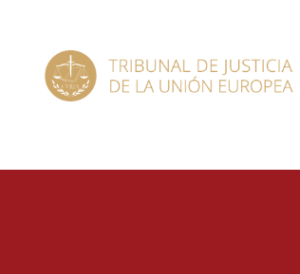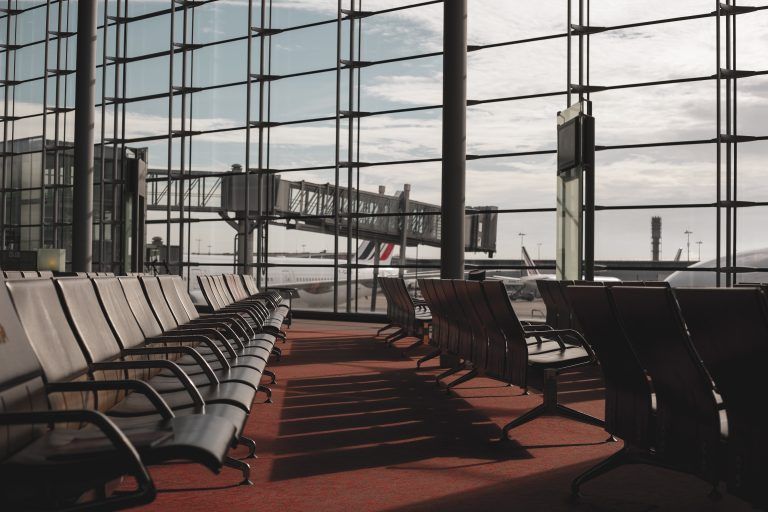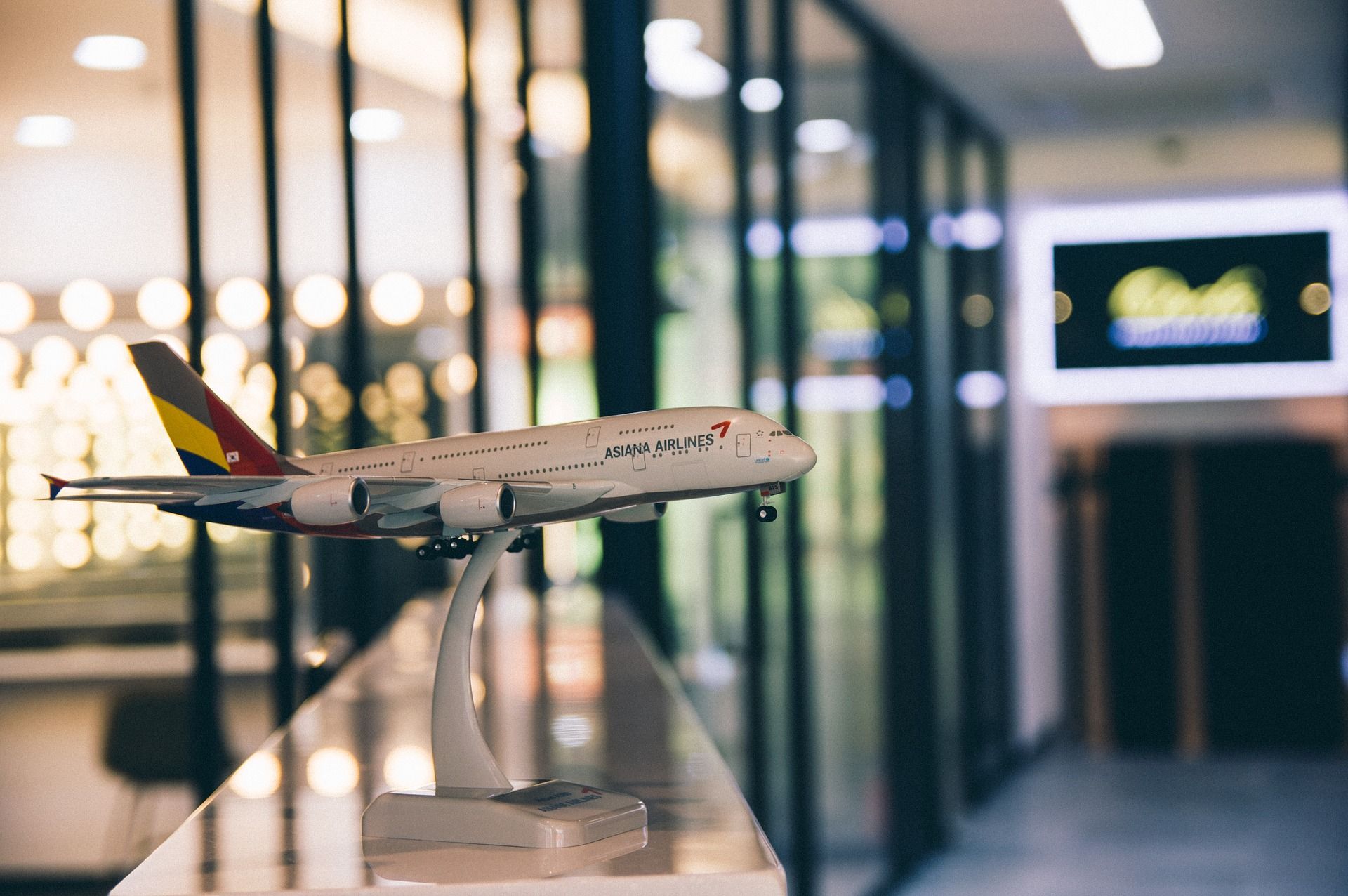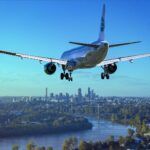The Commission adopted a proposal to allow the airline slot regime to respond more flexibly to unexpected developments in the near future.
While the current rapid ascent in demand, as well as projections for future demand, point to an ongoing recovery of air traffic, recent experience has shown that the current slot rules are not sufficiently resilient to large-scale disruptions. The war in Ukraine also shows how air traffic – and airlines’ ability to meet normal slot use requirements – can be severely and durably affected by other unforeseen developments on specific routes.

Asunto C-20/21 JW y otros / LOT Polish Airlines |
The Commission therefore proposes, on the one hand, to return to the standard slot use rate of 80% as of 30 October (from currently 64% under the for the summer 2022 scheduling season) – reflecting demand – but at the same time, to prolong the possibility to make use of the ‘justified non-use of slots’ (JNUS) tool created during the pandemic.
Airlines would be able to use these exceptions in situations such as epidemiological emergencies, natural disasters, or widespread political unrest with a disruptive effect on air travel. In addition, and only as a last resort, the Commission would be empowered to lower the use rate if air traffic levels fall below 80%, compared with 2019 figures, for four consecutive weeks due to COVID-19, another epidemiological situation, or as a direct result of Russia’s military aggression against Ukraine.
The Commission is also proposing a number of specific measures to mitigate the consequences of Russia’s aggression and to restore air connectivity between the EU and Ukraine when the time comes. These include for example a 16-week recovery period before slot-use requirements become applicable again once Ukrainian airspace reopens, as well as the possibility to adopt a Delegated Act to lower the use rate on routes between the EU and Ukraine.
Commissioner for Transport, Adina Vălean, said: “Demand for air traffic is clearly back, and the time has come to return to normal slot use rates to ensure the efficient use of airport capacity, with fair and competitive access for airlines, to the benefit of passengers. But we must make sure we are better prepared for the unexpected. The ‘Justified Non-Use of Slots’ clause has provided us with a particularly effective tool to manage crisis situations. Maintaining this tool will give us sufficient flexibility – an insurance – to act in case of a new deterioration of the public health situation, or indeed if we are faced with further fallout from the Russian war in Ukraine.”
The proposal also builds on lessons learned during the pandemic, including provisions to enhance transparency in awarding JNUS exceptions, and to strengthen cooperation between slot coordinators in Member States, so as to ensure consistency when granting the JNUS relief.
Next steps
The proposal will be subject to the ordinary legislative procedure. It will now be urgently discussed by the European Parliament and the Council.
If adopted, the relief provisions will apply from the start of the winter season on 30 October 2022, and last until 26 March 2024, when air traffic is estimated to have reached full recovery.

Airlines refund over 500,000 vouchers for cancelled flights in COVID-19 pandemic |







Leave a Reply